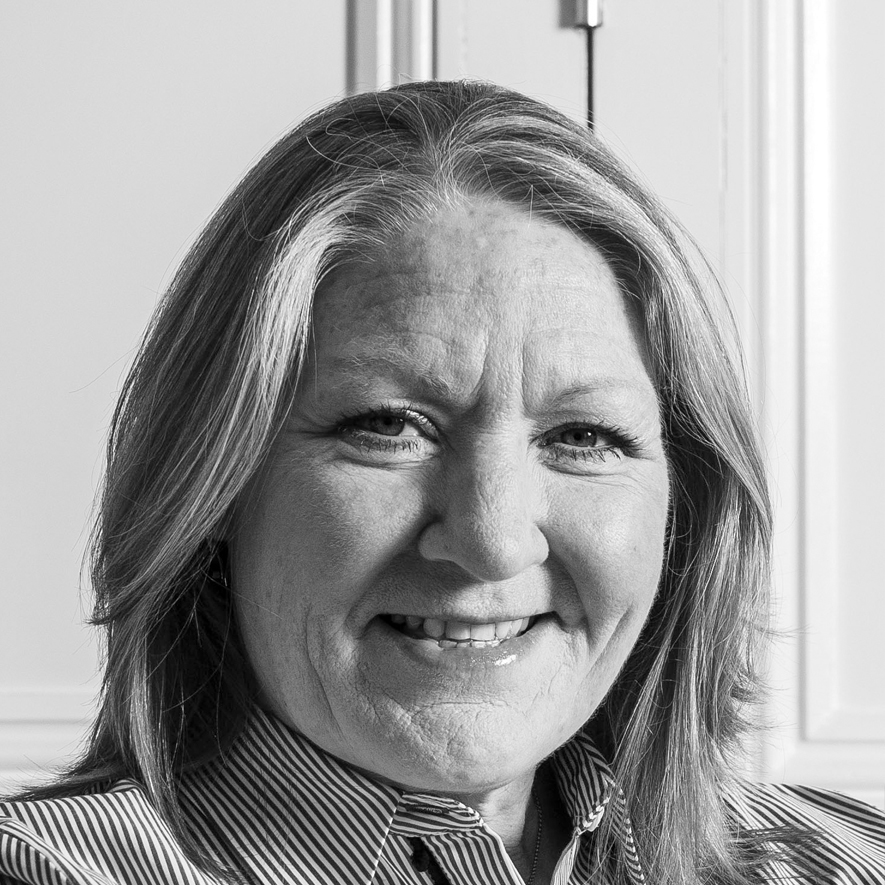Change is inevitable and if franchisors need to find new solutions to grow or survive, then collaboration is the best route forward, says franchise expert Sarah Kelly.
‘As a responsible franchisor it is your role to continually stress test your brand, making sure the offering is relevant, motivational and viable. You have to make sure the business is attractive to your customers and consumers, if you want to stay ahead of the competition, and in tune with market opportunities. This means continual evaluation and evolution of your ideas, processes and products, to be the best you can be for your franchisees.
So, why are so many changes within a franchise model met with opposition from the franchise community? I believe the answer lies in the mindset of the organisation and the way change is managed. If the change process is poorly managed, even the very best ideas can be met head on with resistance.
Let’s face it, no one likes to feel out of control because it brings to the surface emotions of vulnerability and insecurity. We can unconsciously regress back to trigger times of stress, dig in our heels and refuse to budge.
Psychologically negative feelings are not good for the franchise relationship. People feel down, angry, argumentative, often firing off emails to explain the depth of despair they are feeling. Don’t get me wrong, these are all worthy feelings to experience, and it’s so important for you to release these demons rather than bottle them up. However, I’d advise you not to do so in an email to the CEO of your franchise. This is where understanding the cycle of change can help everybody.
As a franchisor preparing to introduce change, you have spent a great deal of time and expertise in the first three phases of pre-contemplation, contemplation and preparation. Hopefully, you have conducted research, evaluated options, and carried out testing of models, product and processes. So now, when you reveal the new idea, operation or product, you are thoroughly used to the new premise.
Franchisees are often thrust in at the action phase, when the plan needs to be implemented. But this is where I have seen things go horribly wrong. By doing it this way, you are discounting the expertise which already exists within the franchise community. They feel left out, out of control, disrespected, disengaged and this approach may even stir up a rebellious streak in them – however good your idea might be. Pushing change through at this level will be hard and will cost the franchisor more money, time and resource.
Each franchise is an individual business owner, someone who is used to being in control of their own destiny. They feel passionately about their business and do not take kindly to change. One way out of this situation, is for the organisation to adopt a growth mindset, which means creating a solution orientated culture.
Help franchisees to consider ‘what can I do?’ rather than ‘what can’t I do?’ Encourage them to look at their own circle of influence, however big or small. This forward-thinking style propels them into a creative mindset and is likely to generate positive attitudes and emotions within individuals, as well as those around them.
Wouldn’t you rather deal with someone who is thinking proactively about a situation, than one who just wants to drag you into their version of their quagmire? Having said that, introducing a company-wide scheme to change its culture takes time, extensive training and resources, which may not always be available.
Surely the quick answer is to involve all parties at every stage in the Cycle of Change? The earlier everyone gets used to the new idea, the quicker everyone buys into the process. You may even discover useful resources and expertise within the network outside of head office. In this scenario, both parties feel part of the process and in control. Don’t forget that once implemented, adjustments will need to happen (stages of action, maintenance and relapse). The franchise community is at the cutting edge of the operation and best placed to do this important work.
In short, the key is to develop collaborative working parties which involve both the franchisor and those representing franchisees. It’s a brilliant tool to use for successfully establishing and implementing change. Just look at what happened during the pandemic. Franchisors and franchisees have been thrown together, with unexpected change thrust upon them.
This global pandemic led to numerous business closures – some temporary, others permanent – because they could not operate under normal conditions. No one was in control of this change. Operations’ manuals could not have foreseen any of this, although I’m sure many manuals will have added new clauses to cater for any similar reoccurrences in the future. This was a crisis that affected the entire network and, arguably, the most successful businesses coming out of this will have been those that tackled the problem together as a team from the beginning.
Franchisors, who early on introduced Zoom clinics to listen and deal with franchise issues, and then openly explored options together, would most likely be in a better position to find solutions than those owners who went it alone. Those franchise networks will have discovered that being closer together, and adopting a collaborative approach every step of the way, can produce great results.
They will continue to embrace this new way of collaborative working and together will have survived arguably the most intense period of change ever witnessed in a generation or two. This just goes to show that change is inevitable, and not always foreseen, but out of conflict and vulnerability great opportunities will arrive.‘




































